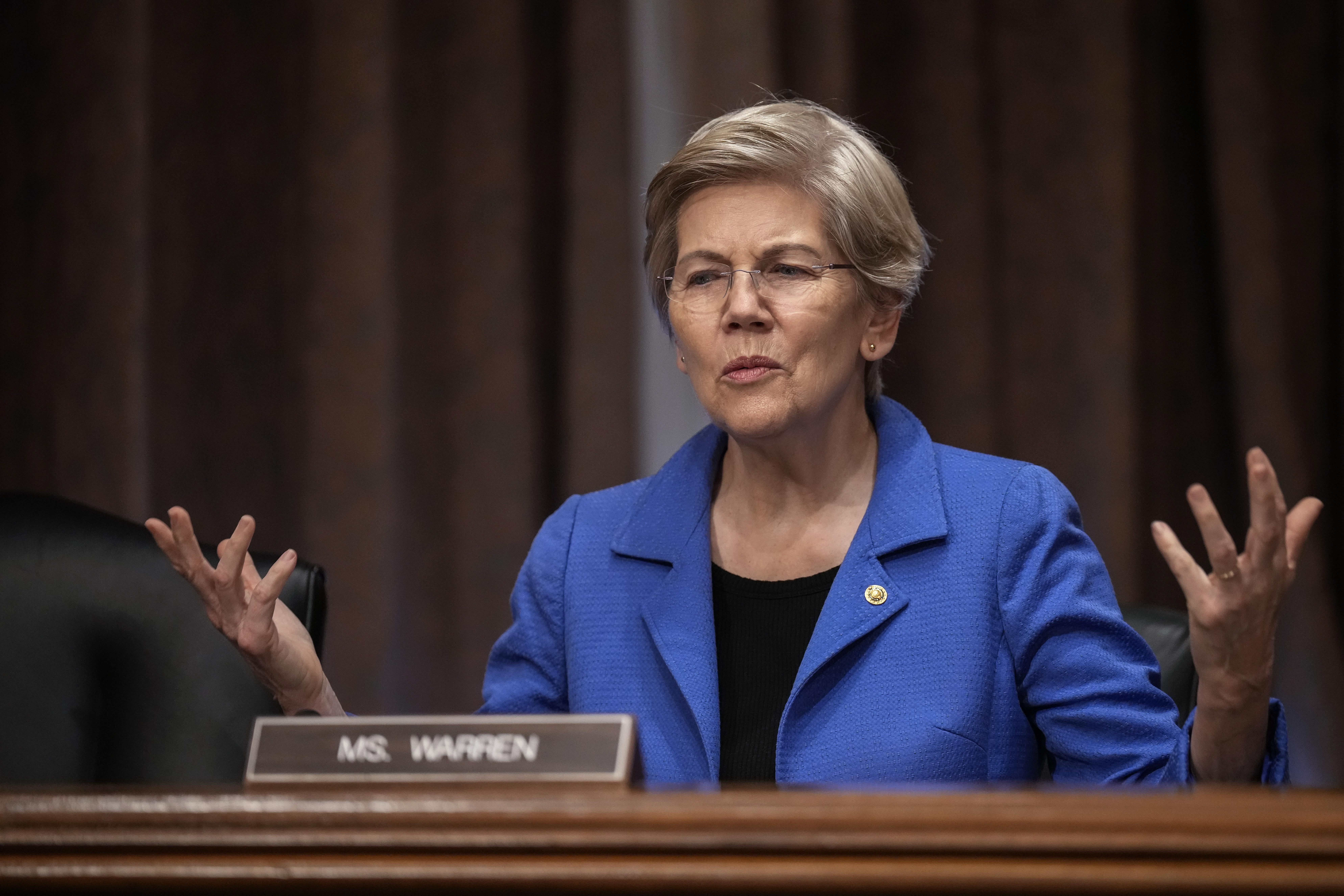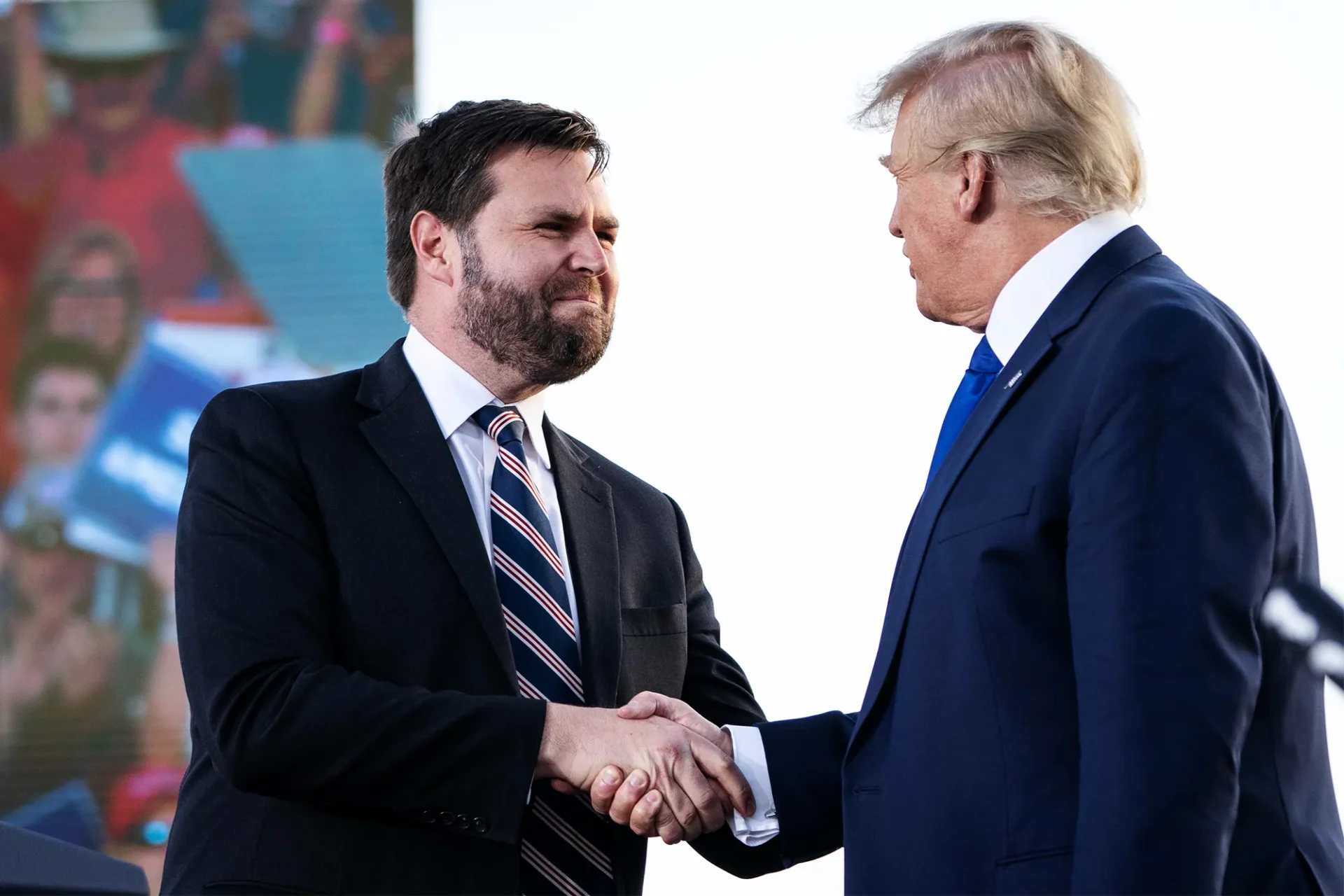Donald Trump’s pick for vice president is making waves on Wall Street. Trump named Ohio Senator J.D. Vance as his running mate. Vance, known for his book “Hillbilly Elegy,” went to Yale Law School and worked in venture capital with Peter Thiel.
Brian Gardner from Stifel thinks this shows how the Republican Party is changing, calling Vance “one of the most interesting people in American politics.”
Vice presidents usually don’t have much influence on policy. But Blair Levin from New Street Research thinks Vance could be different. He said:
“Vance’s quick rise shows the past may not be a prologue. Plus, being Vice President to a 78-year-old man means he might end up President.”
So, what could a Vance vice presidency mean for tech companies, cryptocurrencies, and other policies? Vance’s tech background is a plus, but his views on big tech could bring big changes.
He has criticized tech giants like Alphabet and Meta Platforms, saying they hurt innovation and pose risks to democracy.
Isaac Boltansky from BTIG noticed that Vance wants to break up these tech behemoths. Vance has also pushed to end Section 230 protections, which shield companies like Facebook and Twitter from liability for user posts and allow them to moderate content.

Many analysts think Vance will support crypto if Trump wins. When the odds of a Trump win rose after an assassination attempt, crypto stocks like Coinbase and Microstrategy jumped.
Vance has shown support for the crypto sector, co-sponsoring legislation to prevent regulators from blocking banks from working with crypto companies. Trump’s favorable view could help crypto thrive.
Vance is a big advocate for Web3, the next generation of the internet. He has criticized the U.S. for regulating by enforcement rather than creating clear rules.
In 2023, Vance wrote a bill to protect banks from regulators pressuring them to cut ties with crypto platforms. He also signed a letter criticizing the SEC for its aggressive treatment of DEBTBox, a DeFi protocol.

If Trump and Vance win, Vance could play a major role in banking. As a member of the Senate Banking Committee, he has worked with Senator Elizabeth Warren on getting back compensation from big bank executives when failures occur.
Analysts have noticed his concerns about credit card fees and his co-sponsorship of a bill targeting Visa and Mastercard. Vance has also supported eliminating electric vehicle tax credits from the Inflation Reduction Act.
Instead, he has proposed credits for U.S.-made gas vehicles. While these ideas might not become law, they show the direction Republicans might take.





